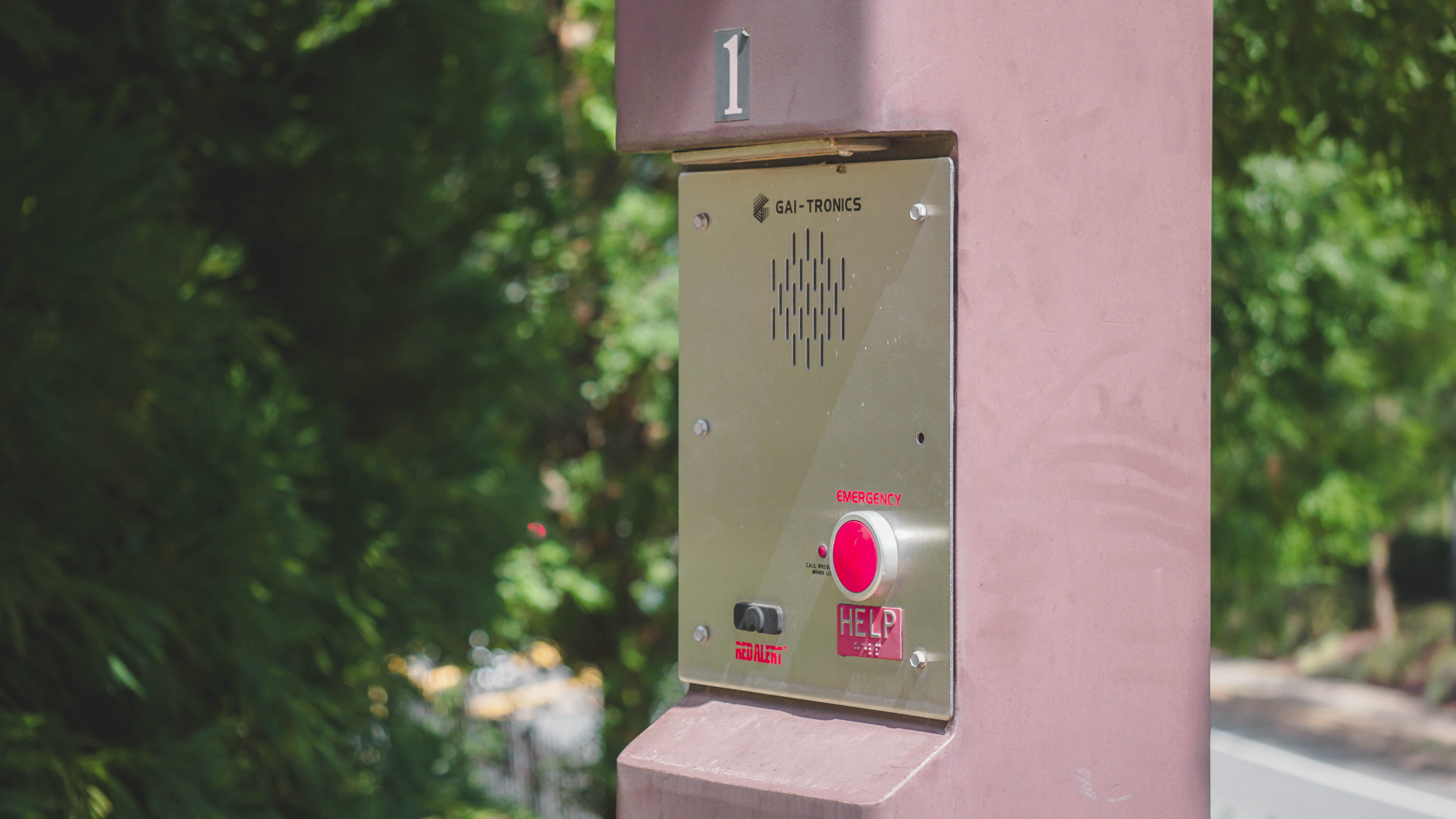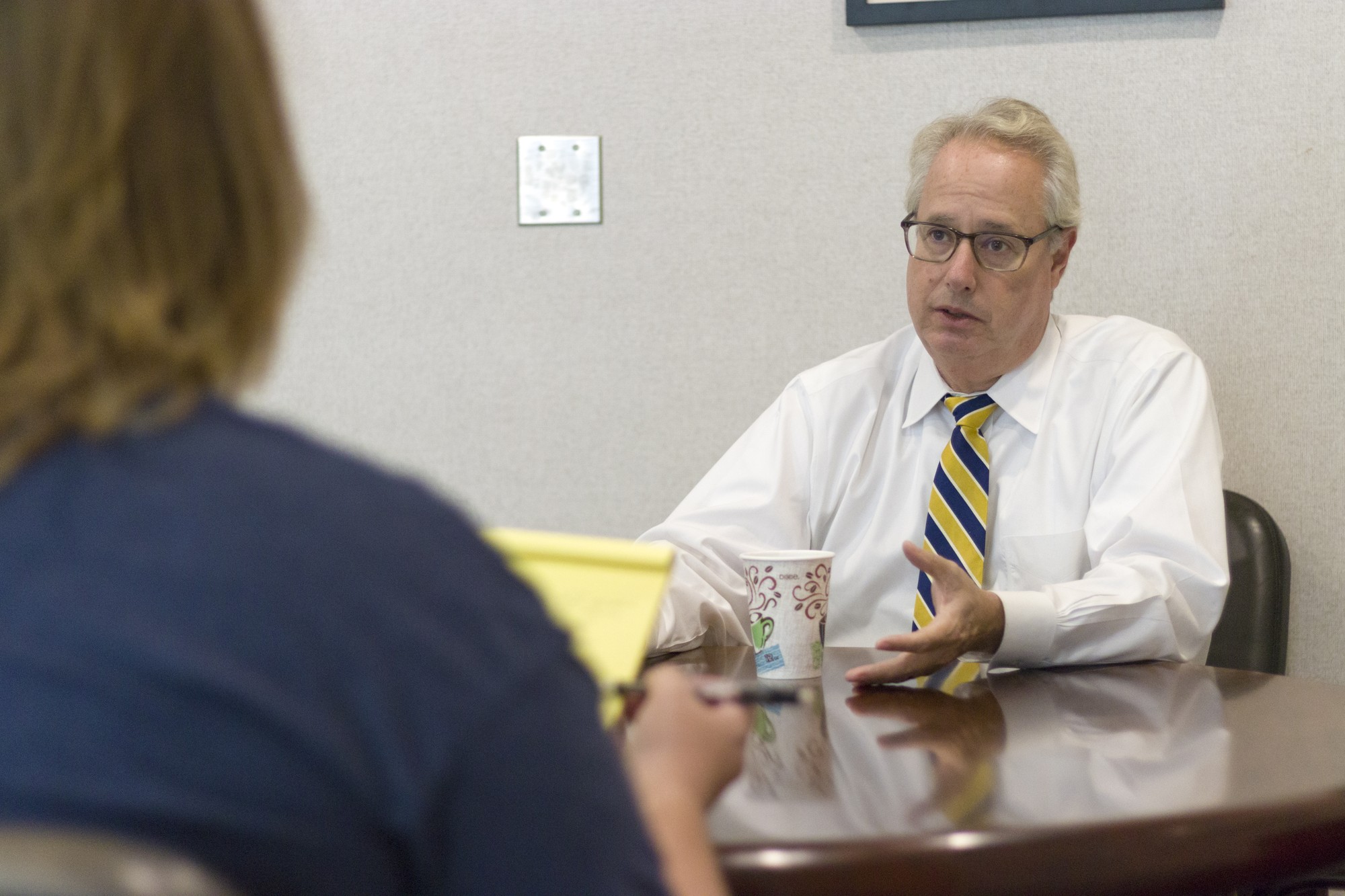Under a $40,000 Bringing Recovery Supports to Scale Technical Assistance Center Strategies (BRSS TACS) contract awarded by the federal Substance Abuse and Mental Health Services Administration, the CYAAR will partner with local nonprofit Supporting Others to Achieve Recovery (SOAR) and its transitional living home — The Phoenix House — to increase awareness at Kennesaw State about eating disorders. The funding also will allow the Center to provide peer support and help reduce the stigma associated with the disorder.
A $10,000 Cobb Community Impact Grant will bring the Center’s peer education and recovery education programs to more than 3,000 Cobb County juniors and seniors. They will evaluate their perceptions and risks related to substance use, misuse and dependence and learn from peer educators in successful recovery.
“There is compelling data indicating a need for CYAAR to expand its services in these critical areas,” said Teresa Johnston, the Center’s founding director. “We have recently seen an increase in the number of Kennesaw State students seeking recovery support for eating disorders as a primary concern, as well as those in recovery from substance use disorders and co-occurring mental health concerns.”
Johnston noted that during the 2014-2015 academic year, Kennesaw State’s Counseling and Psychological Services department treated 59 Kennesaw State students for eating disorder-related conditions. In fall 2015 alone, 37 students identifying an “eating disorder” were treated, and that number is expected to increase through the current academic year. Also, the University’s health and wellness promotion nutritionist reported that assessments for those identifying with eating disorders doubled from fall 2014 to fall 2015 and the number of follow-up appointments for those students increased dramatically as well.
“Clearly, there is a need to expand the CYAAR’s expertise and success in collegiate recovery supports to students with eating disorders,” Johnston said. “We can best accomplish this by working collaboratively with partners like SOAR and The Phoenix House, the only peer-based residential facility in the country for women with eating disorders. By combining resources to support Kennesaw State students seeking help for eating disorders, we hope to lead the way in helping others understand that recovery requires addressing mental health disorders as well as addictive disorders.”
When it comes to CYAAR’s expansion of services to adolescents, Johnston said the experience in Georgia reflects a national trend towards higher levels of drug use among teenagers.
“We know that in 2012, half of the 2.8 million new users of illicit drugs were under age 18, and in Georgia, almost one of every five youth ages 12 to 17 has used an illicit drug,” Johnston said. “We also know that the majority of substance use and misuse does not begin in college. Last year, three-fourths of college drinkers and drug users reported that they began using in high school or earlier.”
The community impact grant allows the CYAAR to heighten awareness about the risk of addiction among Cobb County youth, and to help educate students in Georgia’s second-largest school system about addiction and recovery, Johnston said. The program also will result in the analysis of baseline data showing the effectiveness of risk perception education and the impact of peer education provided by college students for those in high school.
Since 2007, the CYAAR has provided prevention/education to more than 5,000 Kennesaw State students and recovery support services to an average of 1,000 students per year. One of the first collegiate recovery programs of its kind, the Center serves an average of 80 recovering students annually.
# # #
Kennesaw State University is the third-largest university in Georgia, offering nearly 150 undergraduate, graduate and doctoral degrees. A member of the University System of Georgia, Kennesaw State is a comprehensive university with more than 33,000 students from over 130 countries. In January 2015, Kennesaw State and Southern Polytechnic State University consolidated to create one of the 50 largest public universities in the country.



